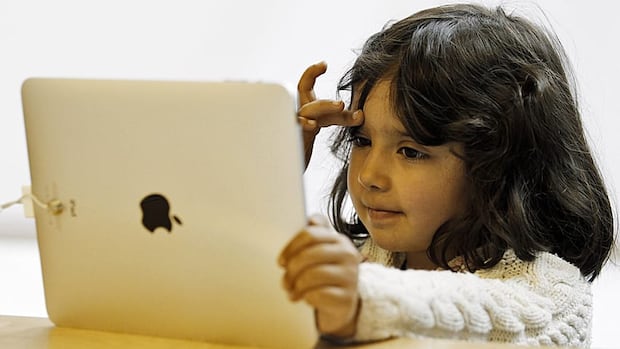fromPsychology Today
2 days agoWhen Change Feels Hard, Scale It
Distress tolerance is the perception and ability to tolerate emotional discomfort without allowing it to derail your actions (or your relationships). When we believe we can make space for challenging emotions, our behavior isn't focused on getting rid of them. This then opens us up to responding in ways that align with our values.
Mental health










